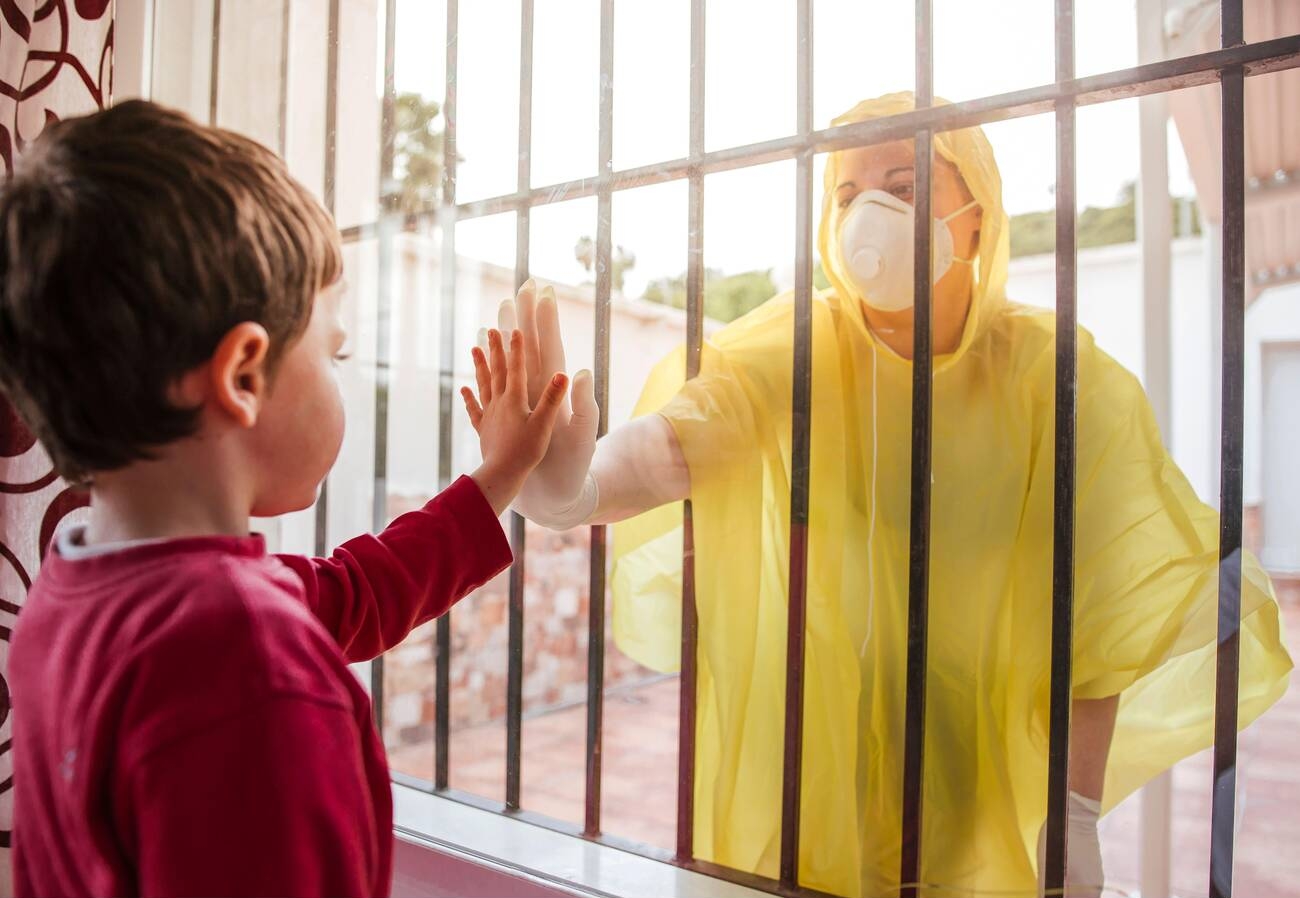How often do you notice something odd with your child? Do they like to play outside with other children or prefer staying indoors? Are they sleeping at odd timings? Or simply lagging behind in his class, feeling tired or blue. These routine behaviors seem normal but might point toward childhood developmental disorders. You may have to observe closely and seek psychological help from a child mental health specialist.
Importance of Child Mental Health
There is an increasing concern among parents and caregivers regarding the mental health of children. Mentally unhealthy children fail to perform well at home, school or in social settings. At present, most children report clinical depression, stress, anxiety, hyperactivity, sleep problems or self-esteem issues. For instance, they may exhibit problematic behavior due to the challenging environment at home or school. Although, it is hard to notice if your child is functioning normally or demands special assistance in routine tasks. Ignorance or lack of assistance could lead to childhood mental disorders. Just as adults, children also need psychological help to be fully functioning individuals.
Symptoms of Childhood Mental Health Concerns
Parents usually observe physical or mental developmental issues with the children in their early years. For instance, a child may display delayed developmental milestones. They may face difficulty communicating or socializing with others. Any abnormality shifts the focus of parents towards their psychological well-being.
How Early Children Start Showing Signs of Mental Health Concerns
The symptoms of child mental disorders manifest in early childhood. In some children, the symptoms display in the form of speech, language, emotional, or behavioral problems. In others, there exists learning difficulties, hypertension, anxiety, depression, or manifestation of childhood developmental disorders. However, it is mostly the school going children who display hypertension. These may arise from academic pressure, parental expectations, competition, and language problems or simply because of learning disabilities.
What Are Some Common Signs of Mental Health Concerns?
Some children come home from school and lock themselves up in their room. In other cases, mothers report that their children avoid social settings where they are expected to interact with children their age. Unfortunately, this seemingly normal behavior may later manifest in the form of mental illnesses.
Mental health professionals diagnose childhood mental disorders on the basis of physical, mental, emotional, or behavioral symptoms manifested in:
- Depression
- Oppositional Defiant Disorder (ODD)
- Anxiety
- Conduct Disorder (CD)
- Tourette Syndrome
- Attention-Deficit/Hyperactivity Disorder (ADHD)
- Obsessive-Compulsive Disorder (OCD)
- Post-traumatic Stress Disorder (PTSD)
How Are Mental Health Concerns Diagnosed in Children?
School psychologists and child therapists use the American Psychiatric Association’s Diagnostic and Statistical Manual to make an accurate diagnosis of children. Once a diagnosis is received, the professionals collaborate with the parents and devise a treatment plan to help these individuals cope and function well in their lives.
Effective Practices to Improve Child Mental Health
Initially, it is the responsibility of parents to work towards the mental well-being of their children. Most of a child’s day is spent at home or school, so schools and families need to collaborate in order to find ways to improve mental health. It could range from simple day to day activities or long-term intervention plans.
When practicing mental health activities, make sure you have investigated the problem. Then, devise the intervention plan accordingly.
A treatment plan can be based on the following:
- Determine the nature of the problem
- Rate of occurrence of certain behavior
- How can you assist the child towards the betterment
- Which activities are working best for the child
- How is the child responding to these practices
- Continue with activities that show better results
Let us now discuss some ways to improve mental health.
Self-Esteem Building Exercises
Observation:
Children manifesting low self-esteem are usually unsure about their strengths, potential, and intelligence. We may observe them being self-critical and lacking confidence. They think low of themselves in comparison with others.
Intervention:
Kids with high self-esteem are confident in themselves. They try new things, learn from their mistakes and are more likely to perform their best at school, at home or among friends. Therefore, child mental health specialists and school psychologists stress the importance of self-esteem-building exercises.
- Practice positive affirmations activities
- Reinforce Positive Self-image
- Devise a self-esteem calendar
- Invest in social skills training
- Design a positive self-image collage
- Practice reflective exercises.
Overcoming Specific Learning Disabilities
Observation:
Some children have neurological conditions where they experience difficulty reading, speaking, writing, listening or general comprehension. These learning disabilities may present in children in the form of dyslexia, dyscalculia, dysgraphia, and dyspraxia. Some children are simply slow learners, while others experience these learning disabilities due to visual or hearing problems, emotional disturbance or a disadvantageous childhood.
Intervention:
To overcome these learning disabilities, children demand extra help with their academics. For that matter, an individualized education plan is devised to allow the child to study at their own pace. This challenges their cognitive abilities and pushes them towards improvement. On the contrary, dance, music, and art therapy work best for some children. However, in severe cases, parents can also seek professional help from child psychologists.
General Intervention to Overcome Anxiety
Observation:
You may have noticed your child displaying symptoms of worry or stress. They may quickly get worrisome over little things. For instance, your child cries while going to school or refuses to leave the car when you drop them off. This is called separation anxiety. In other instances, the child may fear certain situations, objects, humans or animals, like avoiding pet dogs or simply panicking over their visit to the doctor. These factors indicate their phobias which are defined as irrational fears.
Intervention:
Direct observation usually speaks a lot about the anxious behaviors and actions of children. For some children, exposure therapy works best. You expose children to the mild form of their fear and help them overcome it. For others, deep breathing exercises work best, which keep them composed in stressful situations. Alternatively, you can also seek professional help from a clinical psychologist who would conduct cognitive behavioral therapy to help manage their distorted thinking and dysfunctional behavior. For reference, consult top child psychologists in Dubai.
Mental Health Activities for Kids
At each stage of life, your child has something new to learn. From babyhood to adolescence, children learn about themselves and the world. With school-age, your child demands some healthy activities other than academics. These may range from physical to mental exercises. You know how they say, “a healthy mind grows in a healthy body,” so make sure you include these activities in your child’s routine.
Pretend Plays: To enhance their imagination and predictability
Physical Exercises: To strengthen their muscles and overall health
Gratitude Exercises: To help focus on positive and happy thoughts
Deep Breathing Exercises: To induce calmness and reduce anxiety
Meditation: To help practice mindfulness
Final Thoughts
We suggest you consider these mental health activities as a first step intervention for your children. However, if their concerns persist, it is best to seek professional help from child mental health practitioners.
At Camali Clinic, we offer child and adolescent mental health services. So, if you believe your child may be experiencing emotional health concerns, we encourage you to discuss your case with us and watch us help your child in the best way possible.





